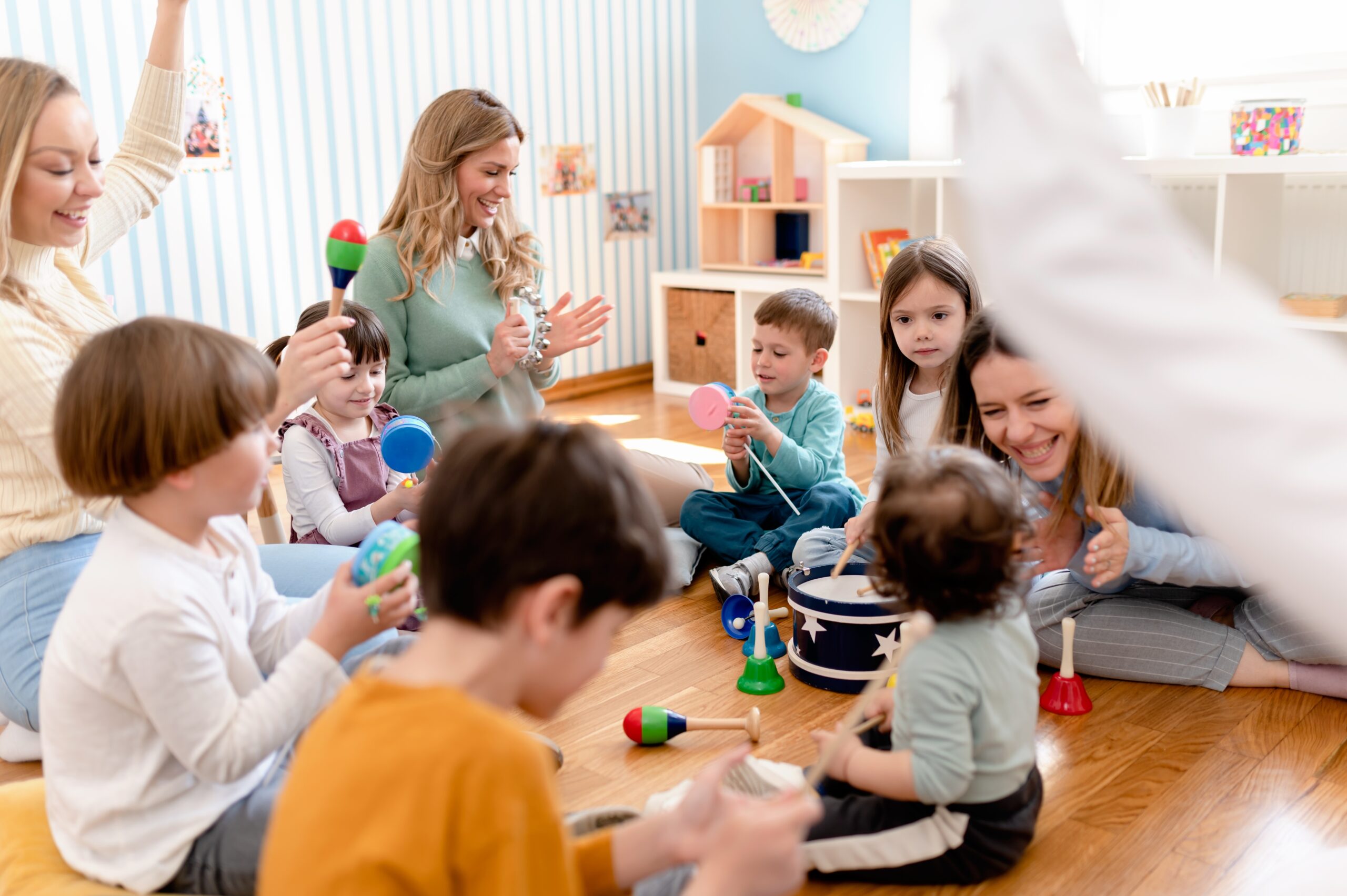
07 Sep How Does a Montessori Curriculum Align With Natural Childhood Development?
Are you curious about what a Montessori education could mean for your child’s development? Our teaching philosophy is based on being child-led and teacher & parent-guided. A Montessori classroom encourages children to develop their skills at their own pace, fostering freedom of choice, independence, and confidence.
Are you interested in learning more about Montessori education for your child? Contact Sugar Mill Montessori here in Sugar Land, TX, today!
What Is the Montessori Method?
Developed by Dr. Maria Montessori in the early 20th century, the Montessori Method is a teaching philosophy guided by a child’s curiosity and natural childhood development. Focused less on tests and performance, this teaching mode is heavily influenced by self-motivation from students. By encouraging this behavior, students gain confidence in making choices, independence, and trust in themselves. The Montessori Method differs from a traditional classroom in many ways.
What Does Our Curriculum Consist Of?
Sugar Mill Montessori’s trademarked education curriculum is called T.E.E.A.M.S., an acronym for technology, engineering, environment, art, mathematics, and science. Reading and writing are essential components of each subject area and are a primary focus in our classrooms. These subjects lay a solid foundation for the students, aid in their natural development, and inspire curiosity at their own pace.
If you have questions about a Montessori curriculum and how it would benefit your child, don’t hesitate to reach out to Sugar Mill Montessori today!
What Are Montessori Classrooms Like?
The classroom is the most significant distinction from traditional methods of learning. The students are in a mixed-age classroom where some are more advanced than others in their education. This encourages collaboration and students guiding other students in activities and lessons. The most important difference is the students interact with one another with light teacher guidance rather than paying attention to the teacher in a quiet classroom.
A Montessori classroom consists of tables, a large floor work area, shelves organized by subject area, and a bookcase filled with puzzles, art activities, and more. Children are given freedom of choice to work alone or in groups and are encouraged to try new things. This structure enables students to lead their day in the classroom, fostering independence and aligning their learning with their natural development.
Interested in seeing a Montessori classroom in person? Contact Sugar Mill Montessori in Sugar Land, TX, and schedule a tour today!
What Are the Sensitive Periods?
From the time your child is born to about the age of six, they go through 11 different stages known as “sensitive periods.” Every child experiences these periods differently, for various durations of time, and at different ages. A sensitive period is a natural stage of development in which a child feels an inner need to learn and repeat a new way of interacting with themselves and their environment.
It is essential to hone in on these sensitive periods and encourage a child to learn as much as they desire about the subject. Once the period is over, the desire to learn quickly and deeply is gone. At Sugar Mill Montessori, we love when students are going through a “sensitive period!” Our curriculum and classroom allow them to participate in their environment and learn in a healthy, educational way.
The sensitive periods consist of:
Order
~2-5 years of age
Movement
Birth-4 years of age
Small Objects
~2.5-4.5 years of age
Grace & Courtesy
~2.5-5 years of age
Refinement of the Senses
Birth-6 years of age
Writing
~3-4 years of age
Reading
~4-5 years of age
Expressive Language
~7 months-3 years of age
Spatial Relationships
~2-4 years of age
Music
~2-6 years of age
Mathematics
~4-6 years of age
What is the Three-Year Cycle?
One of the core principles in a Montessori curriculum is the three-year cycle. This cycle occurs from ages 3-6 in a mixed-age classroom to ensure that the children interact and learn to work together. Each year of the cycle, students focus on different goals that build upon their learning from last year. This cycle encourages children to explore, learn new activities, and build confidence at their own pace!
Montessori Education Aligns With Natural Childhood Development
Our classrooms are simultaneously paying close attention to the three-year cycle, sensitive periods, your child’s interests, and more! We strive to create a curriculum and environment that cultivates their interest in lifelong learning. Students leave our classroom with confidence in themselves, confidence in making choices, and confidence in determining their learning journey!
If you would like to learn more about the Montessori curriculum and classroom, don’t hesitate to contact Sugar Mill Montessori in Sugar Land, TX, today!



Sorry, the comment form is closed at this time.